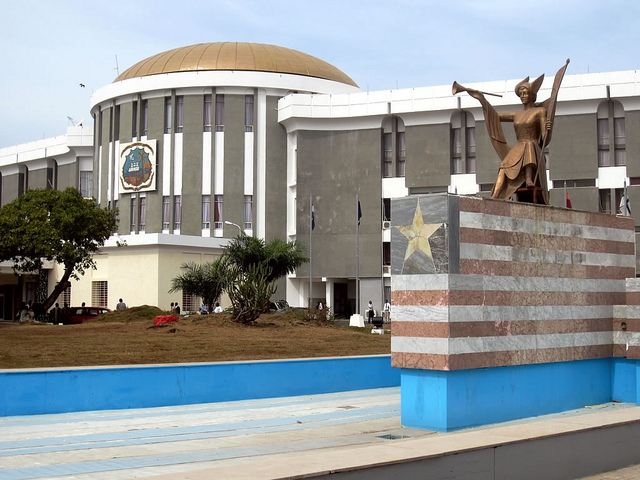MONROVIA, Montserrado – The Liberian Senate has voted to amend the current rape law, making the act a bailable offense. The Senate took the decision on Tuesday, during its 60th day sitting of the sixth session.
The amended legislation has also been submitted to the House of Representatives for concurrence. Sinoe’s Sen. Milton Teahjay proposed the amendment.
The Senate’s Committee on the Judiciary, following a review of the proposed amendment, recommended to plenary that the crime should be a bailable offense.
According to a statement issued on Wednesday, the committee also recommended that an accused person on bail for the commission of the crime of rape should report to court monthly.
“That reporting should occur on the monthly anniversary of the grant of the bail,†the committee recommended.
It added that the punishments prescribed for those accused and convicted of rape in the original Rape Law are excessive and unconstitutional.
Article 21 of the 1986 constitution of Liberia provides that “Excessive bail shall not be required, nor excessive fines imposed, nor excessive punishment inflicted.â€
Under the current law, rape is a non-bailable offense, and perpetrators do not have access to parole while serving a jail term.
The latest action by the Senate has generated mixed views, with some saying that the new amendment is counterproductive to the fight against rape. However, others say the action will reduce the threat of false accusations.
On 29 December 2005, the National Transitional Government of Liberia passed the Act to Amend the New Penal Code and to Provide for Gang Rape. The law was designed to protect individuals from the type of systematic rape that took place during and after the Liberian civil war.
Upon taking office in January 2006, President Ellen Johnson Sirleaf pledged her administration’s commitment to enforcing the law.
“We will enforce, without fear of failure, the laws against rape recently passed by the national assembly,†Sirleaf promised.
She also promised to support and increase the writ of laws that restore the dignity of women and deal drastically with every crime that dehumanizes them.
Although it provides for stronger punishment for perpetrators, implementing the rape law in court became a challenge when it was first enacted.
The post-conflict judicial system could not handle its caseload, so rape victims had little recourse other than the customary legal system.
The commission of rape has even increased, as children are becoming the most frequent victims of the crime.
Public defenders had blamed the congestion of prison facilities by pretrial detainees to the rape law, because, according to them, the law does not allow preliminary examination.
One of them, James Flomo, said magistrates were bent on incarcerating rape suspects, immediately after the first 72 hours of being accused.
In December 2008, the government, in line with the rape law, formally dedicated Criminal Court E to enhance speedy trial of sexual violence-related cases, including rape.
Flomo said the court is almost useless. According to him, the court was established when the proliferation of rape cases was already at its peak. He said a review of the law would contribute to reducing overcrowded prison facilities.
Featured photo courtesy of David Stanley



